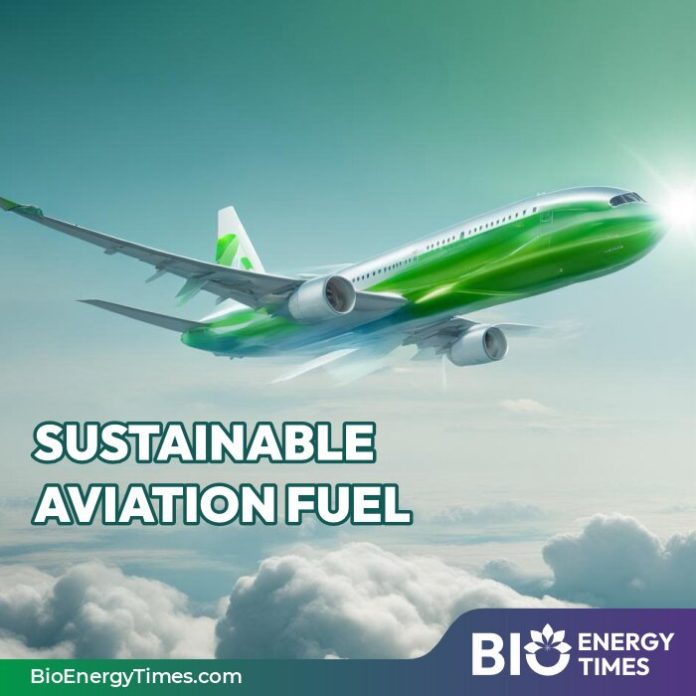Airbus will collaborate with the Department of Transportation (DOTr) on sustainable aviation fuel (SAF) initiatives following discussions with President Ferdinand R. Marcos Jr. in Berlin, Germany.
Anand Stanley, president and head of region Airbus Asia-Pacific, emphasized Airbus’ active involvement with the DOTr’s working group dedicated to devising a roadmap for SAF adoption in the Philippines.
Furthermore, Airbus expressed its willingness to engage with the DOTr on initiatives for human capital development and to establish partnerships with a Philippine and European university.
Additionally, Airbus offered assistance in tackling traffic challenges at Philippine airports through research on automated and unmanned traffic management systems.
The aerospace company is exploring various strategies, such as utilizing used cooking oil and extracting carbon energy from landfills, to ensure a sustainable fuel supply for the aviation sector.
Stanley highlighted Airbus’ successful initiative in Australia, involving carbon extraction from landfills, and underscored the viability of utilizing organic matter from agricultural waste, sea algae, and cooking oil to produce SAF.
He noted that their project is becoming financially viable due to the increasing price of carbon credits in aviation, which could serve as valuable assets for Philippine Airlines or Cebu Pacific. Unused credits could potentially be sold to companies like Germany’s Lufthansa.
SAF, certified jet fuel (Jet-A/A1), differs from traditional jet fuel by incorporating synthetic components derived from renewable sources such as used cooking oils, fats, plant oils, and various waste materials, according to Airbus.
Airbus stated that all its aircraft will be capable of operating on a maximum 50% blend of SAF and conventional fuel, with the aim that by 2030, all aircraft and helicopters will be capable of flying using up to 100% SAF.
In 2023, Airbus utilized over 11 million liters of SAF in its operations, doubling the volume from 2022. This surpassed the initial 2023 target of 10% of the total fuel used across Airbus’ divisions by more than a million liters and accounted for 2% of all SAF produced worldwide that year. This achievement contributed to reducing CO2 emissions by 23,587 tons.
Airbus maintains a significant market presence in both narrowbody and widebody aircraft segments in the Philippines, serving airlines such as Philippine Airlines, Cebu Pacific, and Air Asia Philippines.















